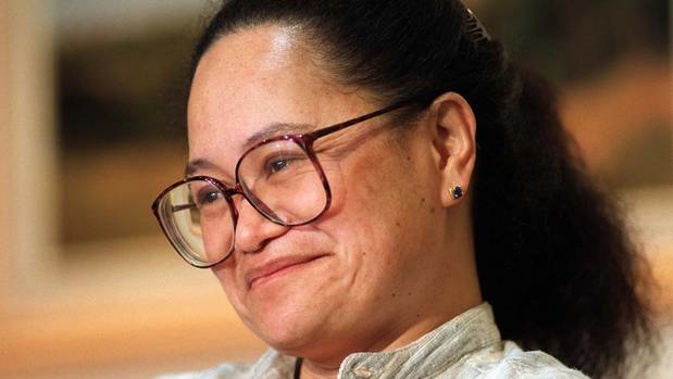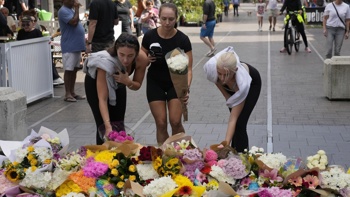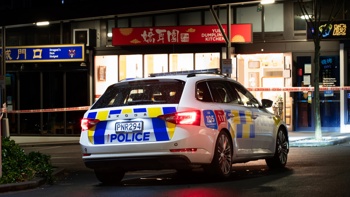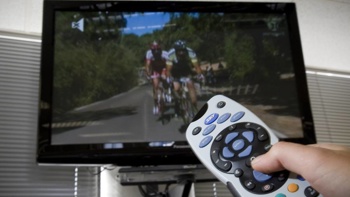
COMMENT:
If you were hard-hearted you could accuse Jacinda Ardern of running one of the most closed-door governments in recent history, with no fewer than 20 "no comments" at her post-Cabinet press conference - and she wasn't even talking about the Budget which was signed off yesterday (which attracted just two "no comments").
The Prime Minister was responding to questions about New Zealand nurse Louisa Akavi, held hostage by Isis, and she had pretty good reason not to expand on the details.
After the Christchurch massacre Ardern's been internationally identified with, and adopted by, the Muslim community, not that Isis in any way represents Islam. But obviously her advisers are aware anything she says in relation to the terrorist arm could be twisted and used by it for propaganda so she's wise to remain shtum.
What is a little more difficult to understand though is the Government's opposition to Louisa Akavi's name now being made public by her employer, the International Committee of the Red Cross, on the premise that it could risk her life.
Isis was finally defeated on the ground in Syria last month and if you accept the Government's argument you'd accept the Red Cross is more willing to risk her life than the Government is. The aid organisation is on the ground there in a much more significant way than our "small multi-agency team based in Iraq".
Winston Peters says the non-combat Kiwi team is specifically focused on "locating Louisa and identifying opportunities to recover her".
Let's hope it's successful, for this nurse has for more than 30 years laid her own life on the line to save others in the world's most dangerous places. After the massacre in Chechnya in 1996 her bravery was recognised by the Red Cross, giving her the rare Florence Nightingale award. A nursing colleague had been shot in a bed by troops storming through their accommodation and she stayed to comfort her.
The Red Cross believe she's alive, with at least two people telling them she was tending to the wounded in a clinic in one of the final villages held by Isis.
The humanitarian organisation travelled to the detention camp a few weeks ago, where those who were cleared out of the Isis villages were sent to, and erected a Red Cross flag in the hope it'll encourage her to approach her colleagues and seek refuge.
One thing Ardern was willing to talk about was the media's collective decision not to report on Louisa Akavi's capture, which they've known about for five-and-a-half years.
She said the decision by outlets and journalists not to report on it was not only responsible, it was exemplary.
That decision was for many of us hard but to put this extraordinary woman in what could have been a life-or-death situation for the sake of a simple story was a risk not worth taking.
Take your Radio, Podcasts and Music with you









